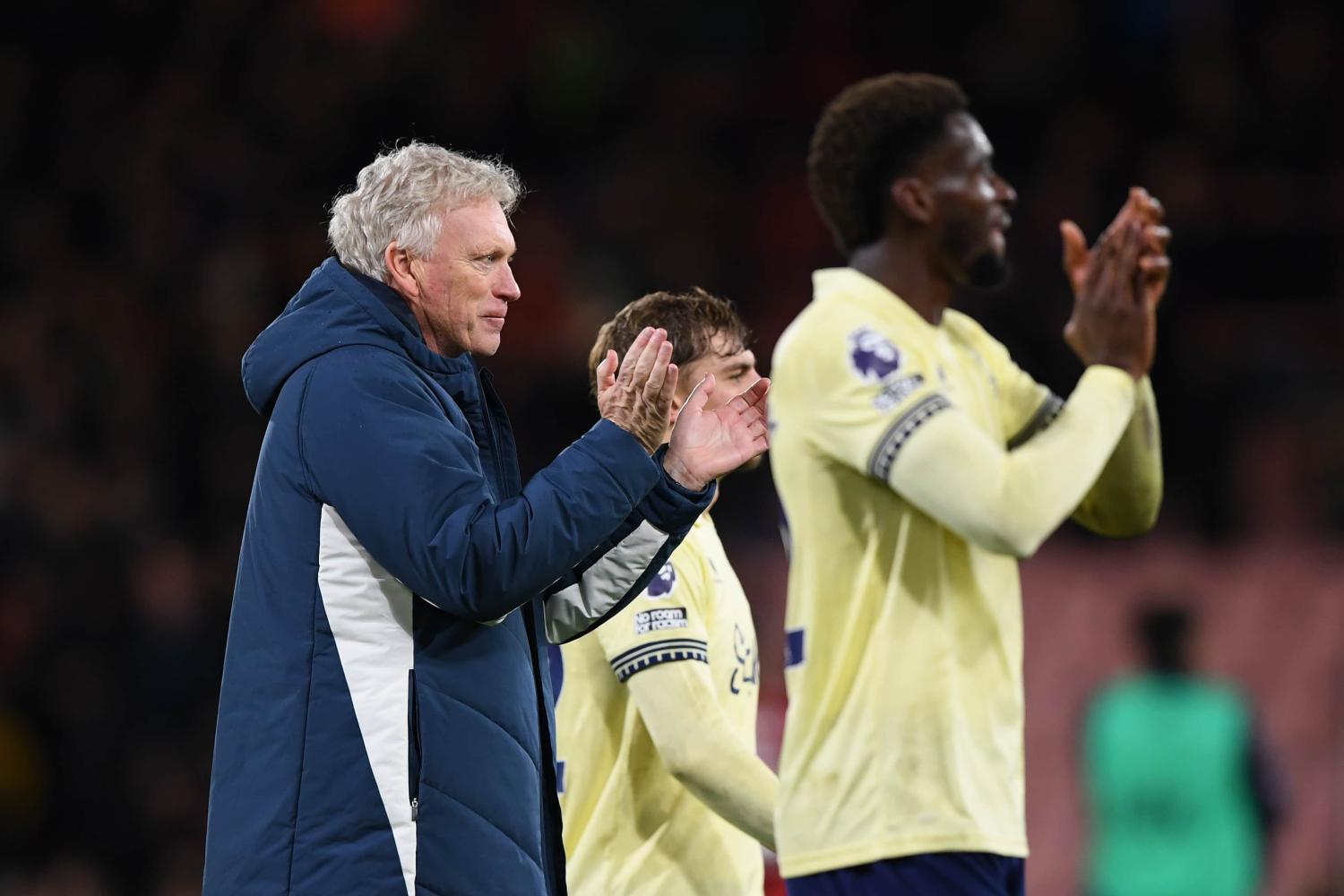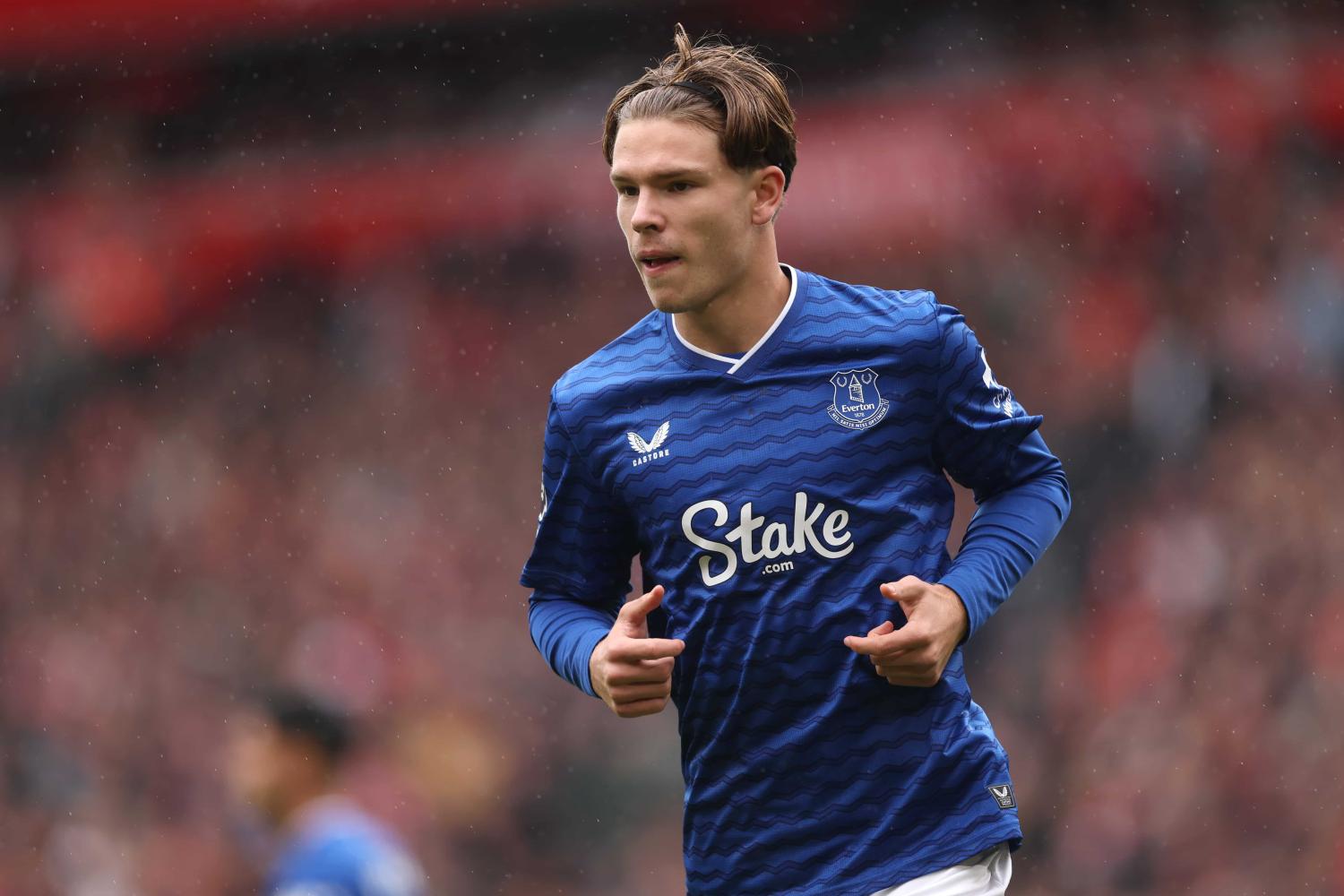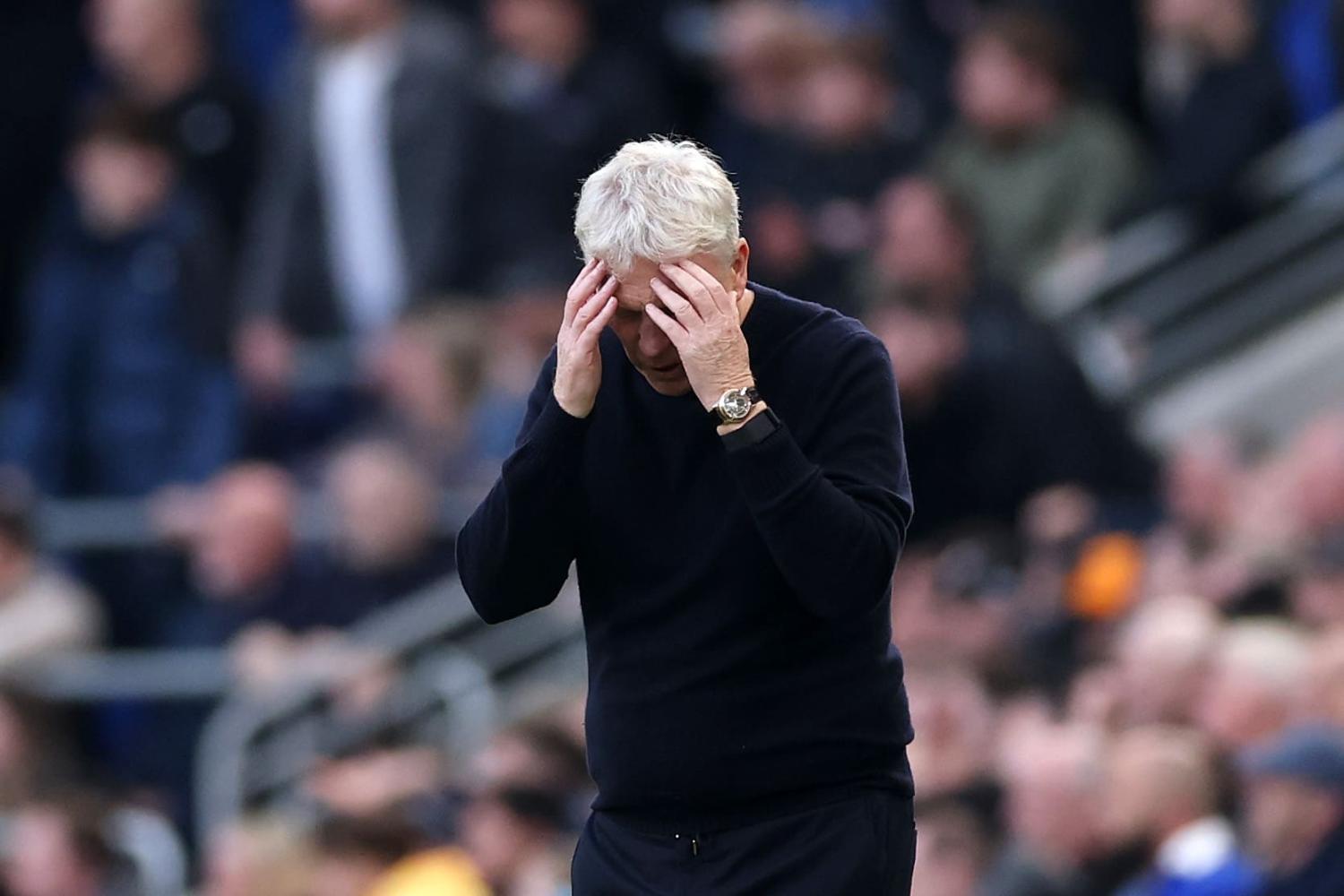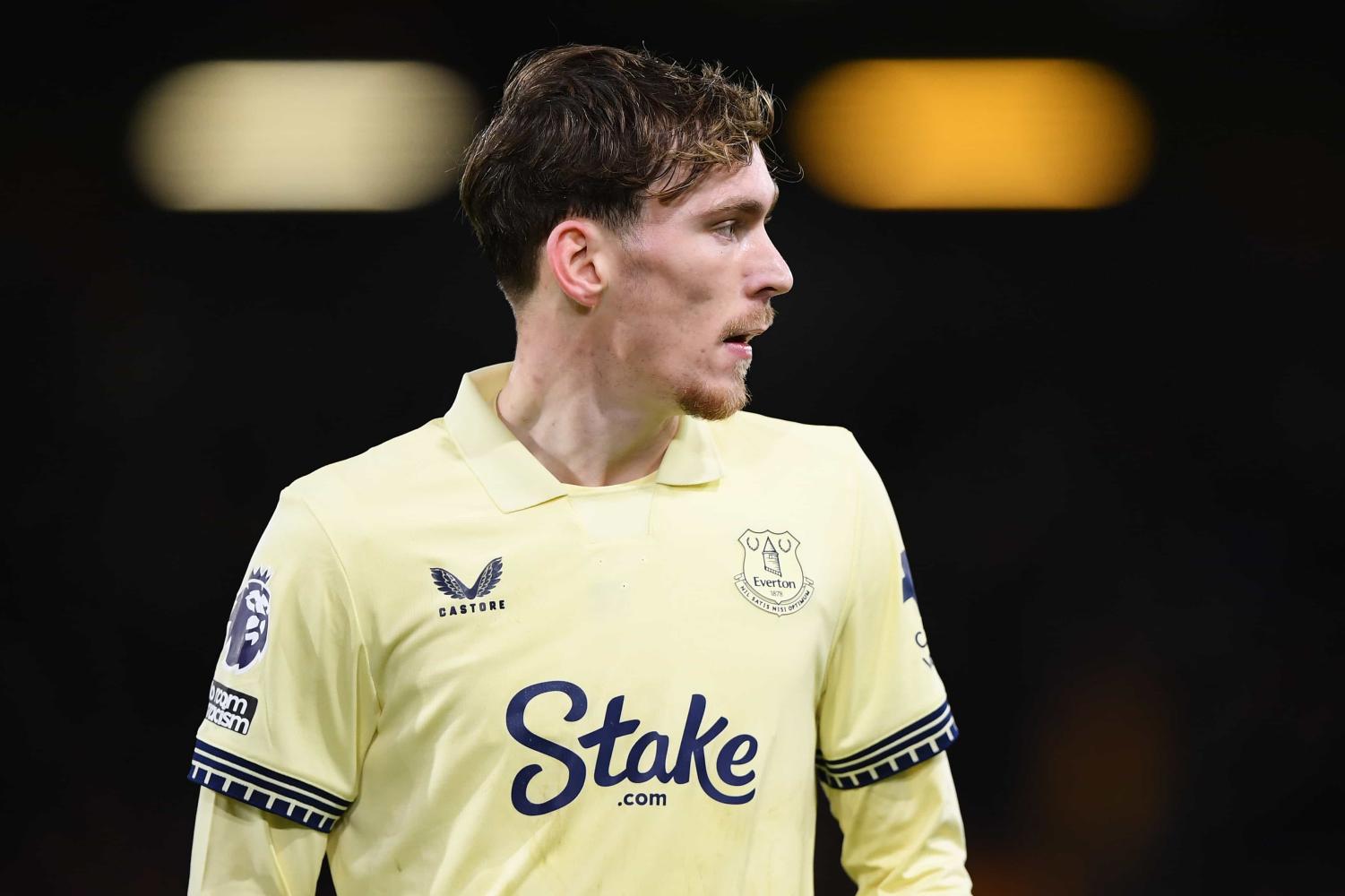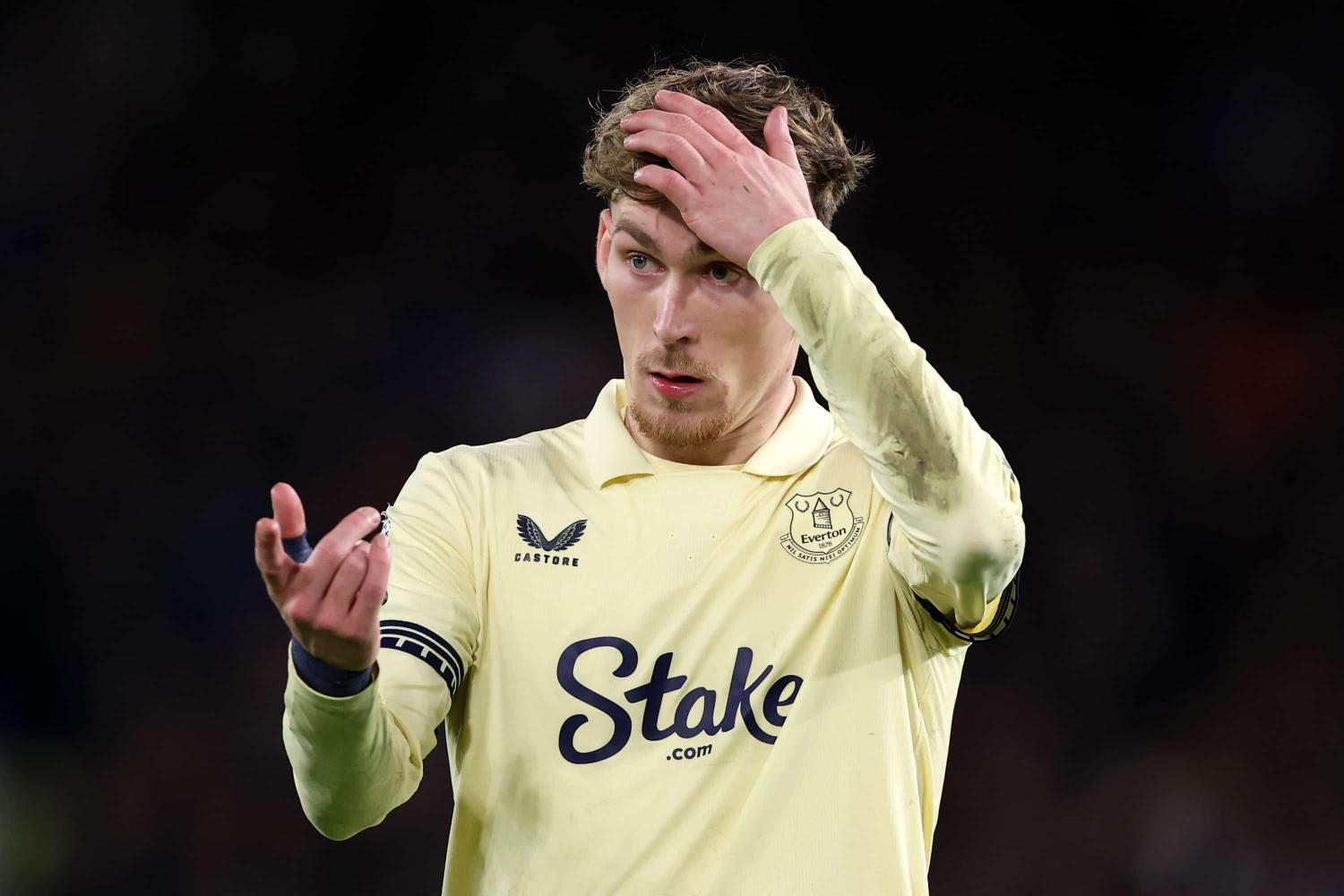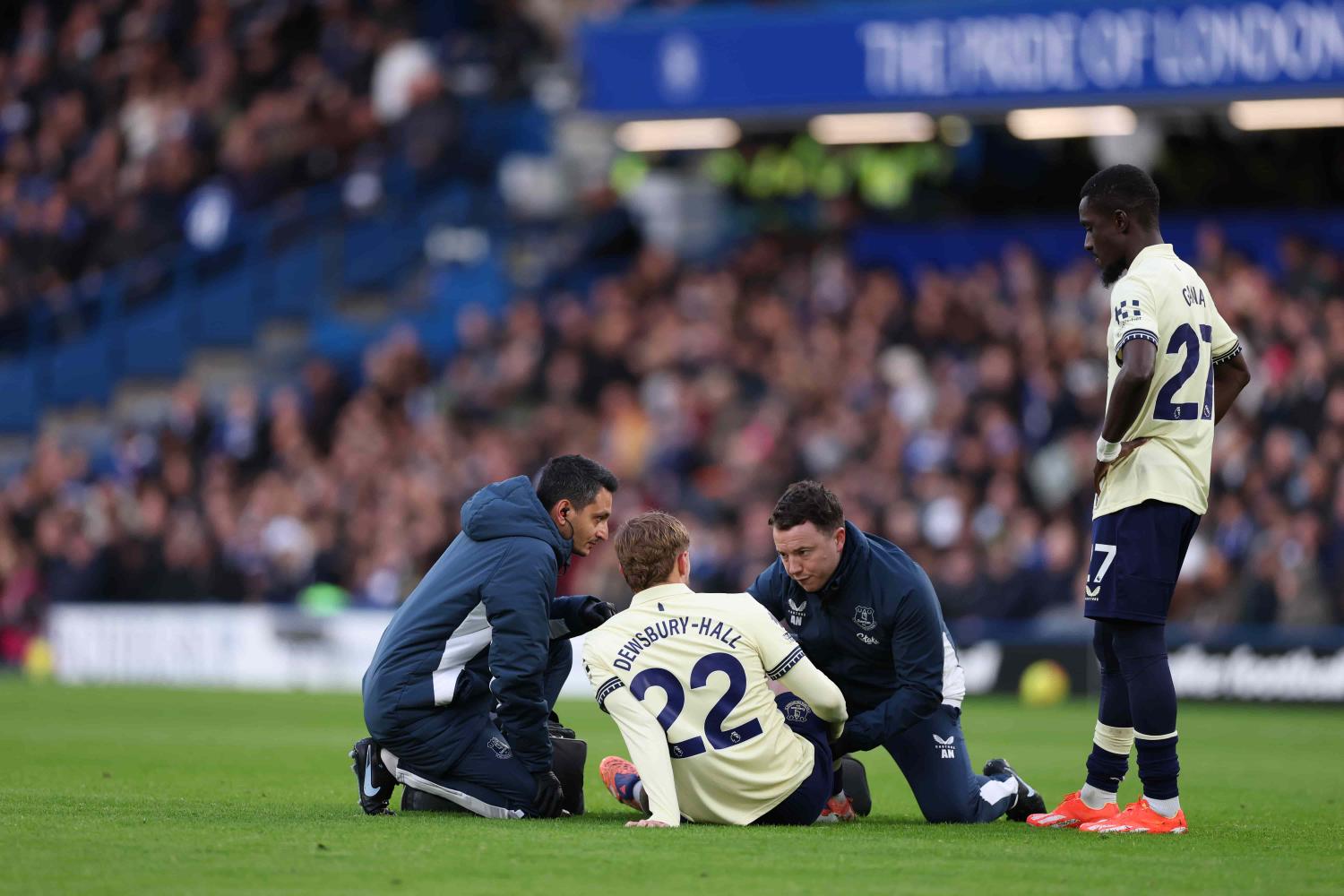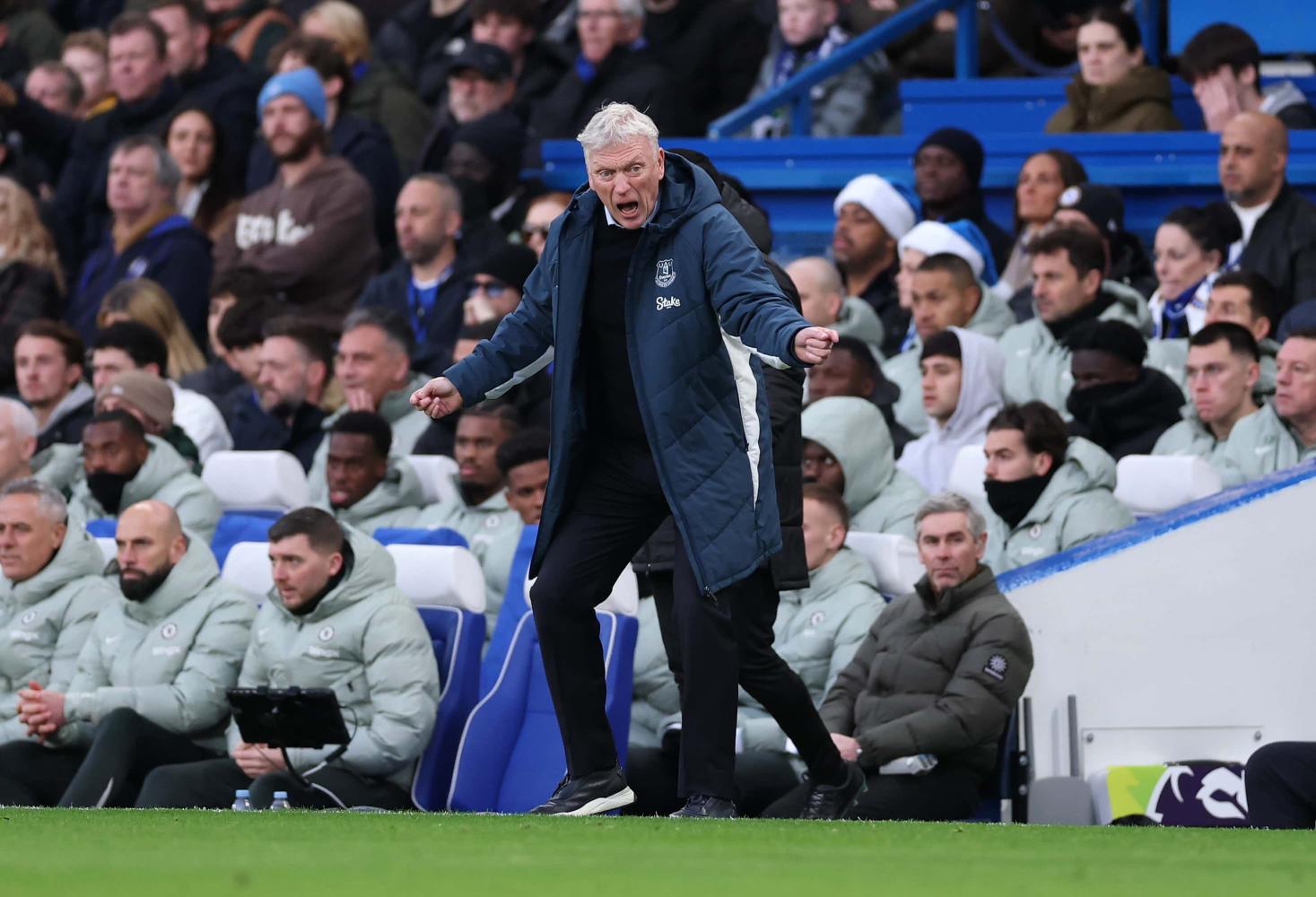The Independent
Yobo finds a welcoming port amid the storms at Goodison Inspired by his home country Nigeria's success at Olympic football, Joseph Yobo played in Europe before coming to Everton. Tim Rich talks to the defender about his experiences with clubs and nation
The great port with its smells of petrol and palm oil was dark. But deep in the night fires were lit, cars drove through the streets with flags drifting out of windows, drinks were offered by strangers on crowded pavements and the teenage Joseph Yobo found himself captivated by it all. In Atlanta, several thousand miles from Port Harcourt, Nigeria had won the 1996 Olympic football tournament. "The excitement was unbelievable," he recalled. "I was 15 and as I stood there I wished I could be a footballer and achieve a dream like that." His dream was realised in other ports, bigger, bolder cities than Harcourt, first in Marseille and then in Liverpool, where this month he began his third season with Everton, a club that had spent the summer in a state of quickening disintegration. This week, Everton's training ground, Bellefield, has seen events come to a poisonous head. Wayne Rooney, perhaps the greatest talent the club has ever produced - even Dixie Dean was bought from Tranmere - is now driven there by his agent, Paul Stretford, into a state of barely-disguised conflict with his manager, David Moyes. He is not expected to make many more trips in Stretford's Mercedes through Bellefield's narrow gates. Both player and club now yearn for a parting. I talked to Yobo before Rooney told Moyes that he no longer wished to play for a team whose shirt he had first worn as a six-month old baby, before the People's Club resigned itself to losing the people's player. Yobo's admiration was deep and genuine. "I am a defender, he is a striker so I should know the quality he has got. He is almost a complete player; he simply loves being with a football, he has the speed, he has the strength but he just needs to be fit. When he is fit you can see all his qualities; they shine. Even when the team is doing badly, it's exciting being on the same pitch because he can do so much with the ball, score great goals. It's great to have him in the team," before adding with downcast eyes, "but when he's injured we have to do it ourselves." And, he might now add, when he is sold. Yobo knew little of the boardroom conflict that had seeped out in the close season. He had been playing World Cup qualifiers for Nigeria before snatching a fortnight's holiday with his extended family. However, if Yobo required any evidence of how stricken the club had become, it was provided in the opening game at Goodison Park that found them dissected and humiliated by an Arsenal side whose standard of play seemed unreachable. Yobo was Everton's only positive. He had begun his career as a striker and still possesses the instincts and speed of a centre-forward. He so stifled Thierry Henry that the Frenchman lashed out in frustration, earning himself a booking. "He did get frustrated, which is good," Yobo smiled. "He is a very quick player; I am quick as well so I could make it difficult for him. I love putting myself up against players like that because it is a big test for me. You have to be mentally ready to play Henry and I think I was." Saturday's victory at Crystal Palace, where they were a goal behind after nine minutes, provided some respite but this afternoon there is West Bromwich, another club expected to be sharing the bottom quarter of the table with Everton, and then on Monday, Manchester United. Yobo will have to be mentally ready for most of the season. When he first arrived on Merseyside, on loan from Marseille, Everton was in the process of being transformed from a club that dwelled on its past because the present was so wretched, into one that for only the second time in the Premiership finished in the top 10. It should have been a platform for better days, although Moyes confessed that the failure to build on it was largely financial. Instead of following Bill Shankly's maxim, delivered from the other side of Stanley Park, that the time to invest is when you are winning, the Everton manager was persuaded to repeat the same feat with the same players and failed disastrously. "When I first came to Everton from Marseille, I found everyone very focused, working together and we had that confidence that comes from winning early games," Yobo reflected. "We believed that when we went out there we were unbeatable and we finished seventh. Last season the pressure was on us, we knew it. That pressure to do better pulled us down and we did not give of our best. At the start, this time last year, the atmosphere was very good because we knew what we had achieved - we'd done things like win six games in a row - but this time we struggled to win back-to-back games and then the pressure really mounted." As a rule footballers do not care overmuch about battles between directors, as long as they do not affect their wages. The Republic of Ireland winger, Kevin Kilbane, recalled Everton's pre-season training camp in Austria being constantly interrupted by calls from wives and girlfriends demanding to know what was going on at Goodison. Kilbane confessed they had no idea. Even Moyes, who maintained a regular dialogue with the chairman, Bill Kenwright, found his dispute with his fellow director, Paul Gregg, sometimes bewildering. "The financial side is really frustrating because I want to be in a side that competes and two seasons ago we were competing. Last season I think is the worst season Everton have ever had. It was the worst season I have ever had wherever I have played," Yobo said. "I always try to enjoy my football, but this was the worst season you could imagine and now with the squad we have everyone is looking at us as underdogs. We have to strengthen our squad so we can fight back and regain the Everton pride." Yobo was 17, a year younger than Rooney is now, when he was offered a contract to join Standard Liège as a midfielder. His parents, William and Comfort, were against him leaving, pointing to the certainties of a university education in Lagos. "It was daunting, but in Nigeria if you want to be a footballer you have to do it. My parents were hesitating but my older brother, Albert, was ahead of me; he had travelled to Auxerre in 1996 and when they realised he was doing well, he talked to my parents and they let me go. My brother plays for Zwolle in Holland now and we speak two or three times on the phone a week. He is the one who made it possible for me to be a footballer. Without him I would not have been allowed to leave. "Whatever I do, I believe in God. I always say my prayers, thank God for everything that has happened to me. But for the grace of God, I would not be here. The people I hung around with at school, they have gone through university but I trusted myself to sport, I didn't study but I have been an ambassador for my country and now I am playing for a club like Everton." Marseille was a tough baptism, epitomised by their supporters besieging the players in their training complex, La Commanderie, something that has never yet happened at Bellefield. "Similar cities, both ports, both very warm people," is how Yobo contrasts Marseille and Liverpool. "But in Marseille you don't have the footballing divides that you do in Liverpool. I live right in the heart of the city; I used to be in the same block of flats as Gérard Houllier until I moved away, but I never had any problems moving around the city. In Liverpool they admire good footballers, whether they wear blue or red." Yobo was helped by the presence of George Abbey, who trained with him in the Port Harcourt youth teams and who was part of Macclesfield's central defence when he arrived on Merseyside. Abbey eased the long hours after training and later Yobo returned the favour, persuading Nigeria that they should play alongside each other in February's African Nations' Cup finals in Tunisia. There, Nigeria stumbled from one off-field crisis to another but still managed to eliminate their great rivals, Cameroon, in the quarter-finals, thus avoiding the riots that had greeted earlier failures. "In Nigeria our culture is Brazilian. Football is a religion, you see it played on every street. A couple of years ago Nigeria was the best team in Africa until Cameroon dominated. The pressure was on us to get back our pride and we were going to beat Cameroon somehow. And we did. Nigeria has got a good team but there is too much pressure on the coaches and on the players. If the team is not performing well, it's very harsh," he added with a smile that betrayed enormous understatement. Before Yobo, there was Alex Nyarko, brought in by Walter Smith from Lens. Nyarko quickly became disillusioned with the life of what Ruud Gullit once called a "world footballer"; transferred from Switzerland, to Germany, to France and then to Merseyside. On a warm April afternoon at Highbury an Everton fan ran on to the pitch and threw his shirt at the player, whose performances had ebbed away on a tide of loneliness. It broke his spirit. Nyarko asked to be withdrawn and scarcely played for Everton again. More loans followed, to Monaco and Paris. Yobo's own family in Nigeria must seem very distant. "Every time I have the opportunity, every two or three months or so, I go back," he said. "They haven't managed to come to Liverpool but one day soon I will take them. After God they are the biggest strength behind my success. I am 23 and I'm looking to settle down soon. Alex married early and it's difficult when you're married. Alex was moving from club to club, moving countries, going on loan and it was so hard for him. I want to stay in England. I have played in Belgium, played in France and have had opportunities to go to Italy or Spain before I came here and here I belong. "No, I haven't encountered any racism. But in football, when you are not doing very well, you get some stick but I try to avoid confrontations and in Liverpool people tend to smile." Five best African imports 1 Bruce Grobbelaar (Liverpool and Zimbabwe) 2 Lucas Radebe (Leeds and South Africa) 3 Jay Jay Okocha (Bolton and Nigeria) 4 Kolo Toure (Arsenal and Ivory Coast) 5 Aiyegbeni Yakubu (Portsmouth and Nigeria) And the five worst... Finidi George (Ipswich and Nigeria): Great pedigree, bad attitude, £4m signing intended to symbolise Ipswich's arrival instead prompted slide into relegation and administration. Alex Nyarko (Everton and Ghana): Never recovered from being asked to swap places by an outraged fan mid-match. Signed for £4.5m, loaned out then freed. Ali Dia (Southampton and Senegal): Senegalese chancer who conned Graeme Souness into giving him 53 minutes as sub. Went to Gateshead, but failed again. El Hadji Diouf (Liverpool and Senegal): World Cup sensation whose £10m arrival was hailed as Gerard Houllier's masterstroke. Now typifies his failure. Now at Bolton. Titi Camara (Liverpool, West Ham and Senegal): Liverpool at least got most of their money back but West Ham's £2.2m garnered 14 appearances and no goals. © The Independent, 2004. |


